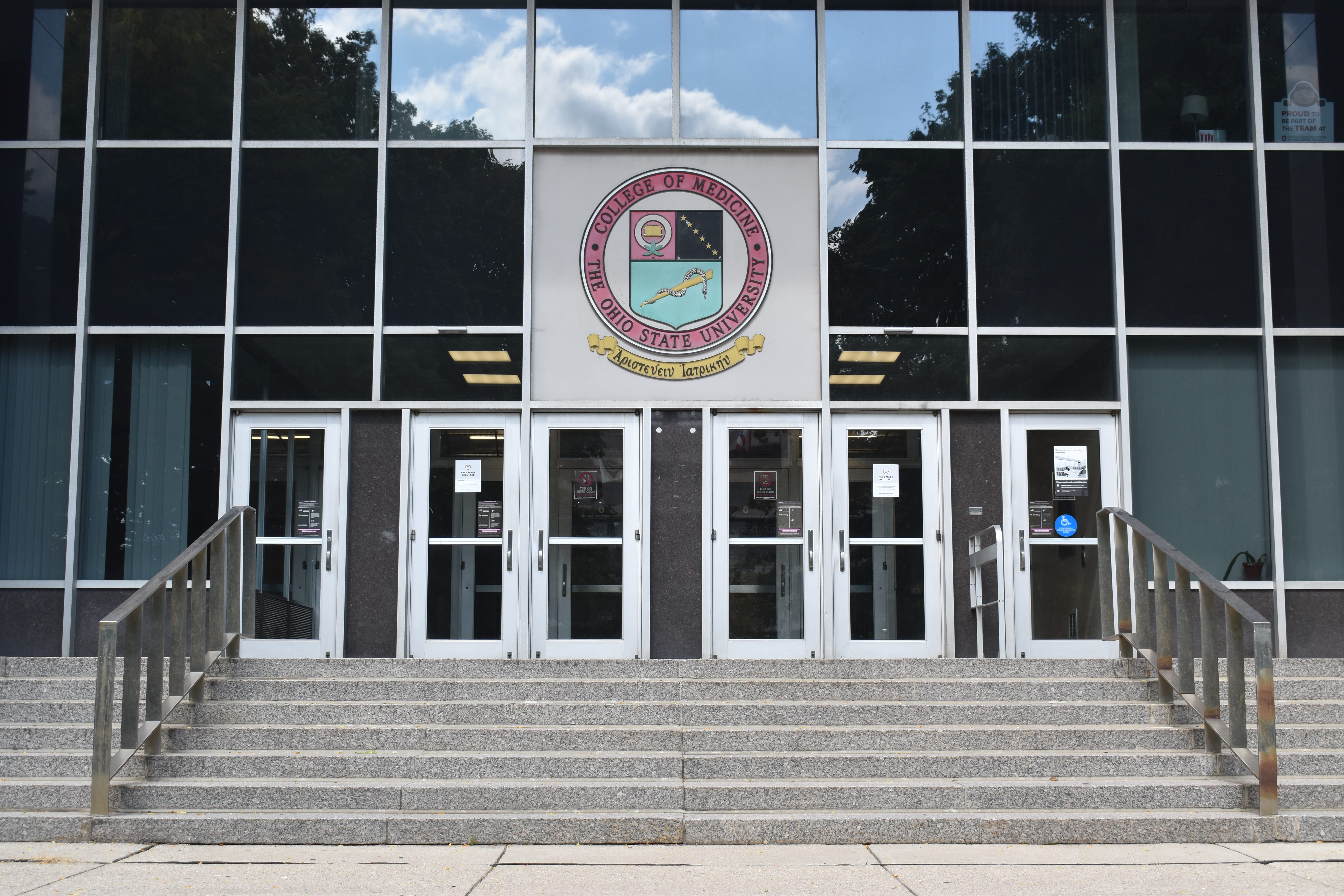
Soon-to-be graduates, originally planning to transition straight into graduate or professional school, may consider taking a year off due to the uncertainty surrounding COVID-19. Credit: Mackenzie Shanklin | Photo Editor
In a world of lockdowns, stay-at-home mandates and online classes, students across the world have adapted to life during the pandemic. For pre-health students, that means a world of reduced research, clinical and volunteer opportunities — all things expected on professional program applications.
Professional programs such as medical, pharmacy and dental schools have traditionally set high expectations for applicants: high GPAs, rigorous course schedules and plenty of extracurricular work.
Service orientation — an applicant’s history of volunteerism and giving back to their community — and scientific inquiry — the applicant’s ability to think, communicate and problem-solve like a scientist — are two of 15 core competencies the Association of American Medical Colleges sets as admissions metrics. But with COVID-19 shutting down labs and making internships remote, some students, such as Dheeraj Peddinti, a second-year in health sciences, have faced limited opportunities in research and volunteering.
“A year ago, I was finalizing a plan, I was going to have a lot of experience starting my freshman year, and here we are 10 months later, and I have no research experience,” Peddinti said.
The drought of opportunities primarily affects students without prior experience who need lab training, Joanna Spanos, a senior adviser in the College of Arts and Sciences Honors Program, said.
“Students who have already been trained, are already part of the lab, can continue. The big problem some of the labs are having is that they can’t do training, because they’re trying to maintain [COVID-19] protocols,” Spanos said.
Peddinti said he was accepted into a research lab before the pandemic started, but when COVID-19 began to spread, the lab implemented protocols that prevented him from being able to work.
Despite having a harder time finding research opportunities, Spanos said pre-health students can still find ways to serve the community and make a difference during the pandemic, such as online volunteer opportunities.
Spanos said students without lab experience can play to their strengths by volunteering for mental health phone lines, which is especially relevant with rising mental health issues due to the pandemic. According to a July 2020 study by the Kaiser Family Foundation, 53 percent of adults in the U.S. reported worry and stress caused by COVID-19 have worsened their mental health. Further, more than 25 percent of people aged 18-24 reported experiencing suicidal ideation in June, according to the Centers for Disease Control and Prevention.
Peddinti started volunteering for a crisis text line in May and said it was fulfilling to be able to help others, especially during summer lockdowns. He said since he started, the number of texts coming in has increased.
“During June and July, I’d wait an hour for a conversation,” Peddinti said. “Starting in August and ever since, I’d get a conversation in minutes.”
Outside of volunteer programs, Spanos said students can also find alternatives to traditional laboratory research, such as programming or literature-based research.
In the end, Spanos said the question schools will ask of applicants is what they learned during and because of the pandemic.
“A lot of it is going to be how you spin it,” Spanos said. “How can you frame your experience of what you’ve lost, and what have you gained?”


